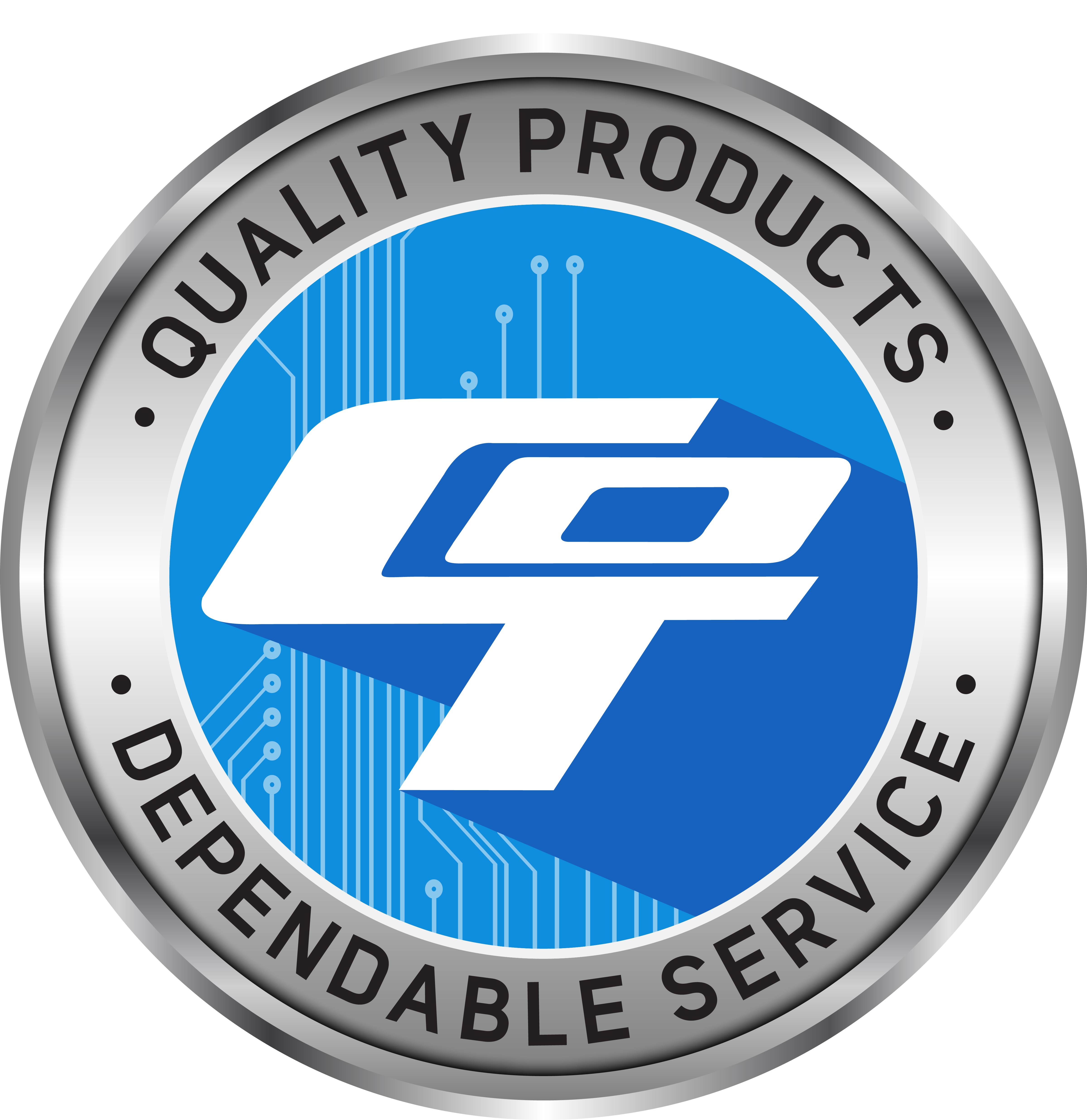Electronics Forum | Fri Aug 13 16:54:20 EDT 2004 | davef
If the terminations on your components are not barrier plated, you must be very careful about the amount of time you stay above liquidous. As you'd expect, longer is not better. The longer you stay at liquidous, the more of the component terminatio
Electronics Forum | Fri Mar 06 16:17:38 EST 2009 | aj
whats your board finish?
Industry News | 2015-02-04 18:05:58.0
he SMTA Capital Chapter is pleased to announce its first meeting of 2015 on March 17th, scheduled from 5:30 pm to 8:00 pm at EIT (Main Building Lunchroom), 108 Carpenter Drive, Sterling, VA 20164. The focus of this chapter meeting will be “Elimination of Pb-Free Risk by Robotic Hot Solder Dip (RHSD)” presented by Donald Tyler, Managing Director, Corfin Industries.
Industry News | 2012-01-07 21:33:05.0
To support the consistent and rapid growth in Eastern Europe’s electronics assembly industry, IPC will hold its second annual IPC Conference on Electronics Assembly: Soldering, Assembly & Inspection in Budapest, Hungary, on 20-22 March 2012. This three-day event includes workshops, a two-day technical conference and a tabletop exhibition, providing myriad opportunities for participants to network with industry experts and gain insight into new technologies and trends in this key market.
Technical Library | 2023-08-04 15:27:30.0
A designed experiment evaluated the influence of several variables on appearance and strength of Pb-free solder joints. Components, with leads finished with nickel-palladium-gold (NiPdAu), were used from Texas Instruments (TI) and two other integrated circuit suppliers. Pb-free solder paste used was tin-silver-copper (SnAgCu) alloy. Variables were printed wiring board (PWB) pad size/stencil aperture (the pad finish was consistent; electrolysis Ni/immersion Au), reflow atmosphere, reflow temperature, Pd thickness in the NiPdAu finish, and thermal aging. Height of solder wetting to component lead sides was measured for both ceramic plate and PWB soldering. A third response was solder joint strength; a "lead pull" test determined the maximum force needed to pull the component lead from the PWB. This paper presents a statistical analysis of the designed experiment. Reflow atmosphere and pad size/stencil aperture have the greatest contribution to the height of lead side wetting. Reflow temperature, palladium thickness, and preconditioning had very little impact on side-wetting height. For lead pull, variance in the data was relatively small and the factors tested had little impact.
Technical Library | 2018-05-09 22:15:29.0
Creep corrosion on printed circuit boards (PCBs) is the corrosion of copper metallization and the spreading of the copper corrosion products across the PCB surfaces to the extent that they may electrically short circuit neighboring features on the PCB. The iNEMI technical subcommittee on creep corrosion has developed a flowers-of-sulfur (FOS) based test that is sufficiently well developed for consideration as an industry standard qualification test for creep corrosion. This paper will address the important question of how relative humidity affects creep corrosion. A creep corrosion tendency that is inversely proportional to relative humidity may allow data center administrators to eliminate creep corrosion simply by controlling the relative humidity in the data center,thus, avoiding the high cost of gas-phase filtration of gaseous contamination. The creep corrosion relative humidity dependence will be studied using a modified version of the iNEMI FOS test chamber. The design modification allows the achievement of relative humidity as low as 15% in the presence of the chlorine-releasing bleach aqueous solution. The paper will report on the dependence of creep corrosion on humidity in the 15 to 80% relative humidity range by testing ENIG (gold on electroless nickel), ImAg (immersion silver) and OSP (organic surface preservative) finished PCBs, soldered with organic acid flux.
SMTnet Express, Septemeber 1, 2016, Subscribers: 26,288, Companies: 14,937, Users: 41,025 Reliability Study of Low Silver Alloy Solder Pastes Jennifer Nguyen, David Geiger and Murad Kurwa; Flex (Flextronics International) Sn3.0Ag0.5Cu (SAC305
Heller Industries Inc. | https://hellerindustries.com/dewetting/
thin solder film and the base metal is not exposed. Process and design-related causes of PCB Dewetting: Solder paste flux not aggressive enough for level of oxidation present on part or PCB PCB pad contaminated Component lead contaminated Excessive moisture absorbed by paste Paste exposed beyond
Imagineering, Inc. | https://www.pcbnet.com/blog/everything-you-need-to-know-about-pcb-finish/
. Comparatively, applications such as aerospace and military applications may call for these alternative finishes. Handling Sensitivity Depending on the type of PCB finish that you use, your end product may be more or less durable

COT specializes in high quality SMT nozzles and consumables for pick and place machines. We provide special engineering design service of custom nozzles for those unique and odd components.
2481 Hilton Drive
Gainesville, GA USA
Phone: (770) 538-0411